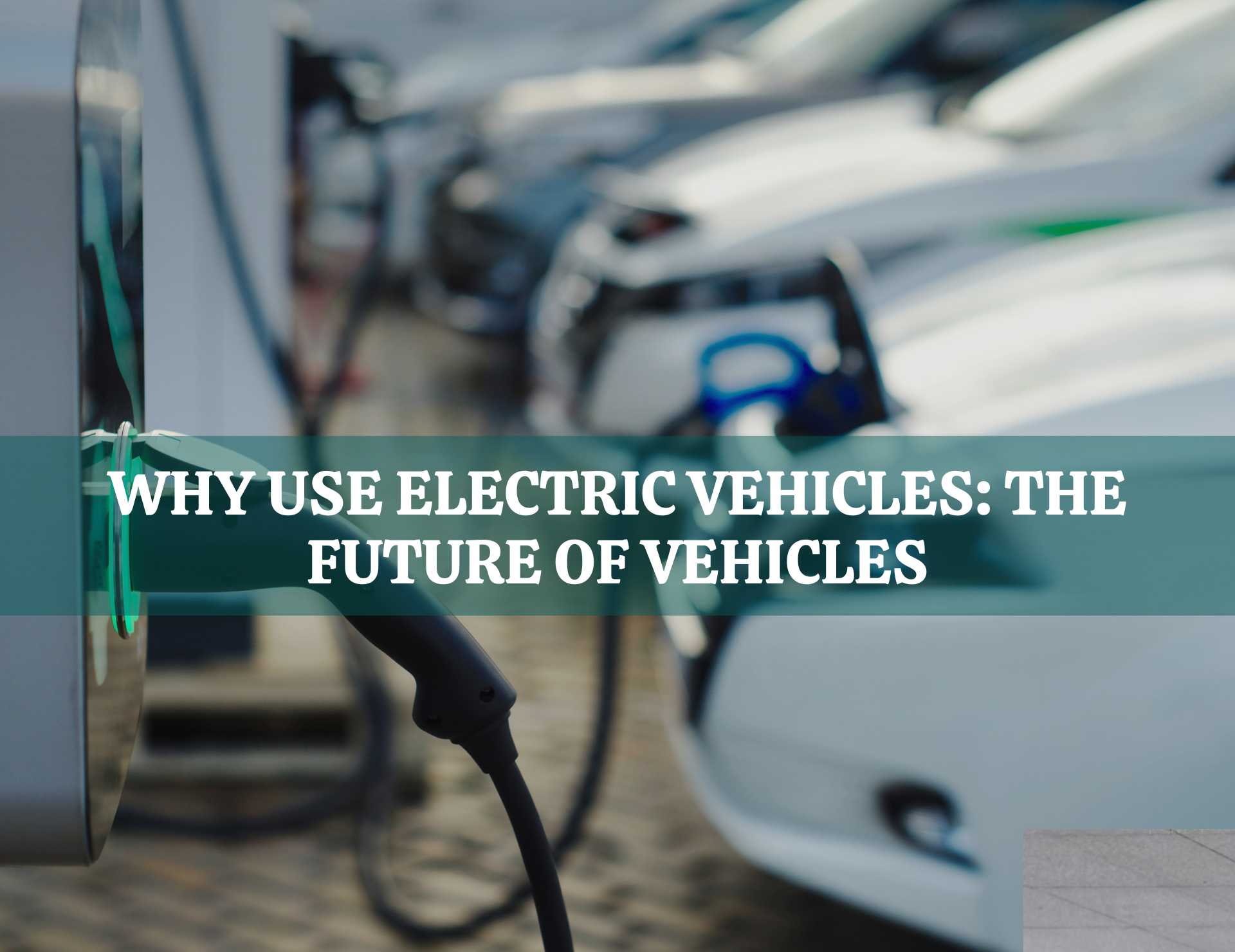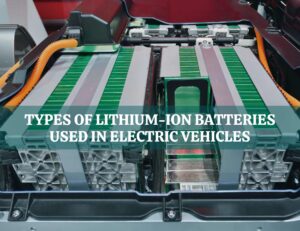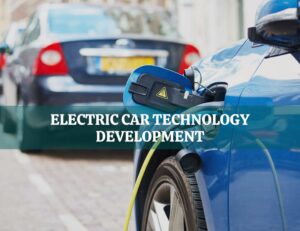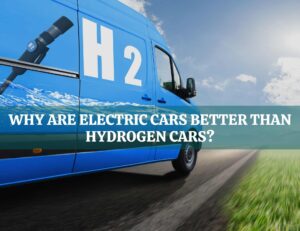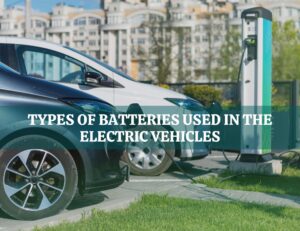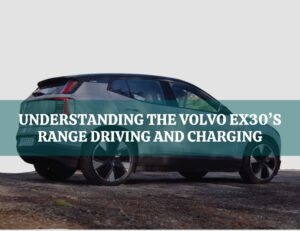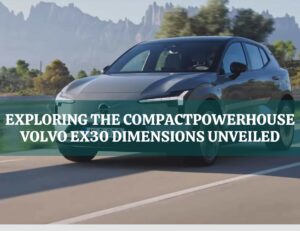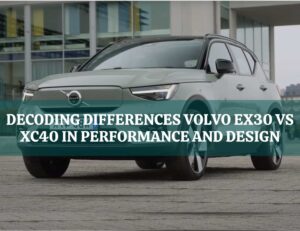Sometimes, you may wonder why use electric vehicles. Electric vehicles (EVs) are evolving as a viable remedy for the negative effects that traditional gasoline-powered cars have on the environment and human health. Due to their growing popularity, they are evolving into a more environmentally friendly mode of transportation. The switch to EVs is driven by the pressing need to cut greenhouse gas emissions, battle air pollution, and advance energy efficiency.
This article will go over the elements that make the switch to electric cars essential for a cleaner, more environmentally friendly, and more sustainable future. EVs are an attractive option for contemporary transportation needs since they provide many benefits, from cost savings to environmental advantages.
Let’s look into why more and more people are choosing electric vehicles as a viable alternative to conventional vehicles powered by fossil fuels.
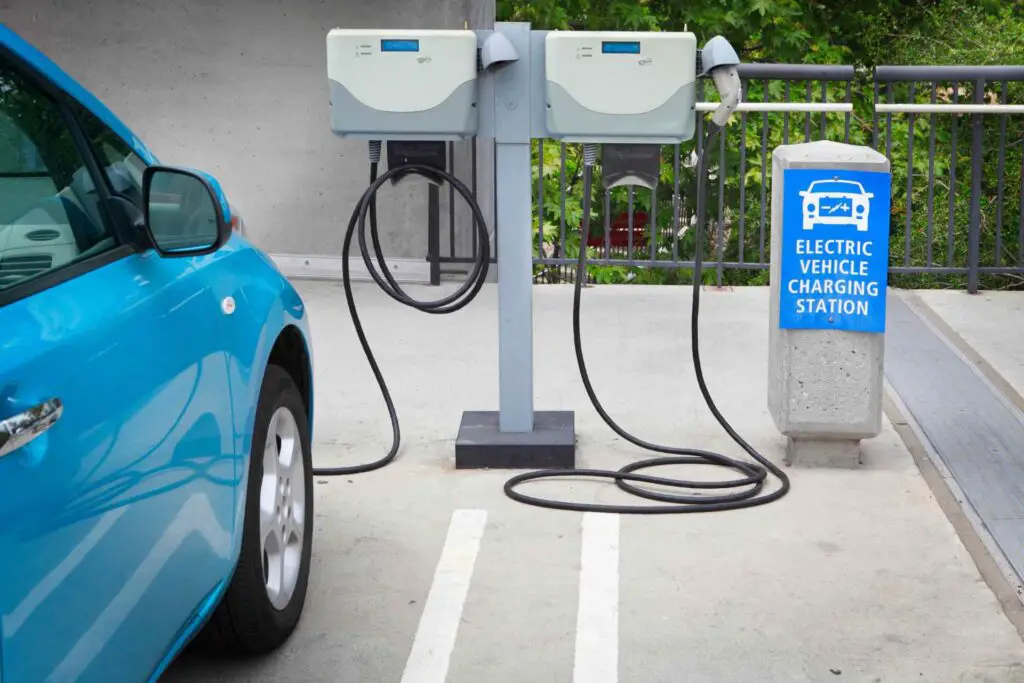
Why Use Electric Vehicles
For various compelling reasons, electric vehicles (EVs) are a great option for transportation. The main advantages are listed below.
Environmental Sustainability
Electric vehicles (EVs) rely on electric motors and power stored in batteries rather than fossil fuels like gasoline or diesel. Due to their favourable environmental benefits, electric vehicles (EVs) are growing in popularity. They are a crucial option for everyone wishing to decrease their carbon footprint and contribute to a more sustainable future.
Their benefit on environmental sustainability is one of the key arguments favouring EVs. By releasing pollutants and harmful greenhouse gases into the atmosphere, conventional vehicles that use fossil fuels have a major detrimental impact on the environment and human health.
On the other side, since EVs have no tailpipe emissions, they don’t release harmful pollutants into the atmosphere while operating. As a result, they are a greener option than conventional automobiles.
Another benefit is EVs use less energy than cars with internal combustion engines.
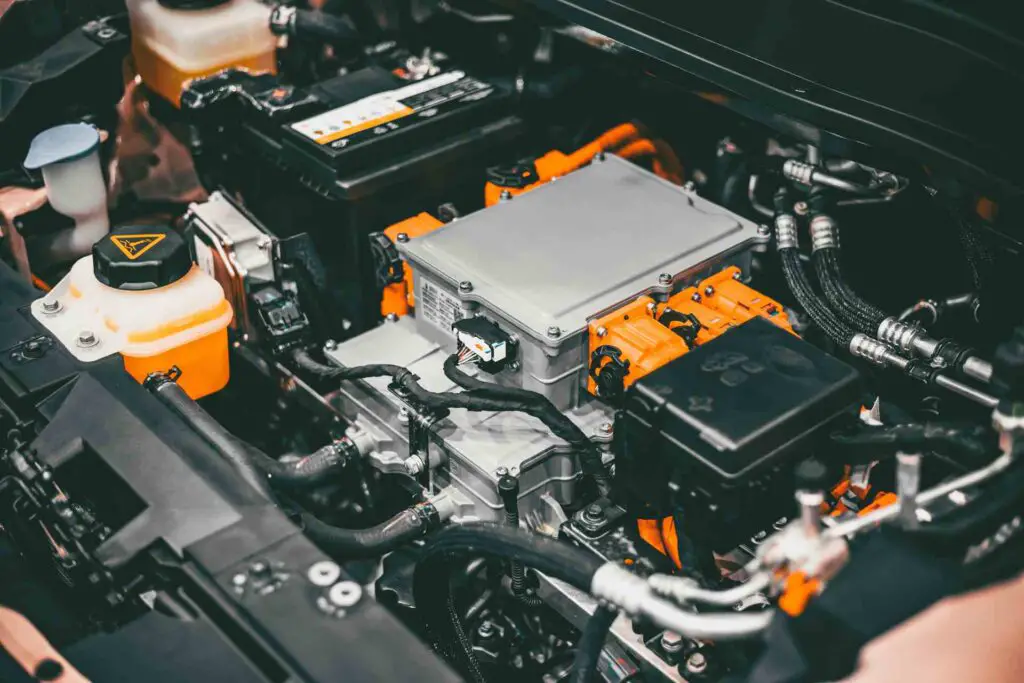
Electric vehicles (EVs) may use up to 90% of the energy from the battery to move the wheels, in contrast to conventional vehicles, which can only use about 12 to 30% of the energy stored in the fuel. EVs are a more environmentally friendly method of transportation because of their increased energy efficiency, which causes less energy to be lost as heat and more energy to be utilized for propulsion.
Another aspect of environmental sustainability that EVs contribute to is the reduction of carbon emissions. The transportation sector is one of the main contributors to climate change and one of the top emitters of carbon emissions.
Electric vehicles (EVs) that use electricity from renewable sources like solar or wind can significantly reduce their carbon emissions compared to fossil fuel-powered autos.
Additionally, it is projected that as the electrical grid continues to shift towards cleaner energy sources, the overall carbon footprint of EVs will decrease even further.
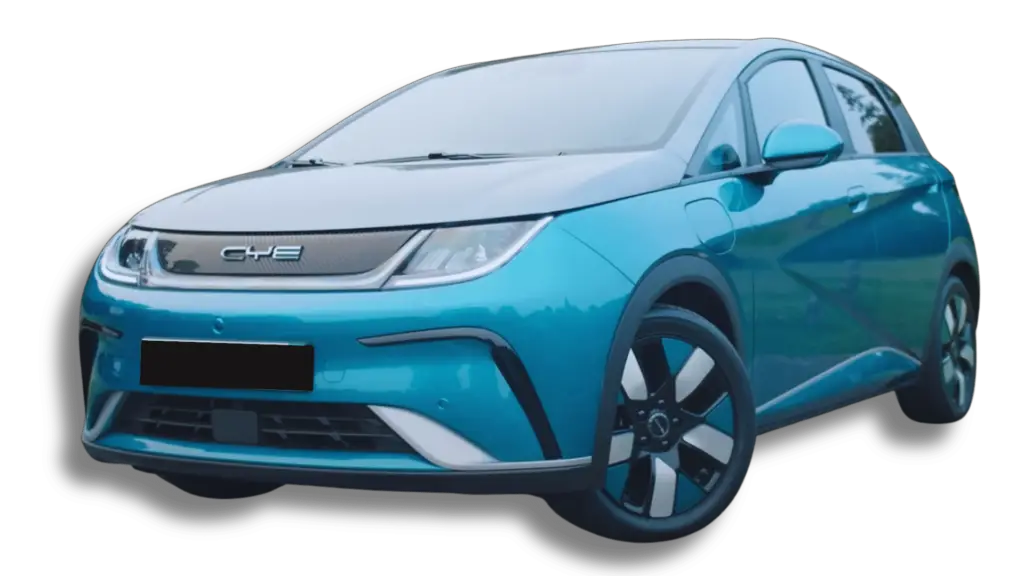
Energy Efficiency
Electric vehicles (EVs) are a fantastic choice for anyone who cares about the environment because of their many benefits. EVs are built to be very efficient.
One of EVs’ primary advantages is that their internal combustion engines (ICEs) are more energy efficient than those of gasoline-powered cars.
Unlike ICEs, which rely on combustion to generate power and lose energy as heat, EVs directly convert a higher percentage of the energy stored in their batteries to power the wheels. This means EVs waste less energy and achieve higher vehicle propelling efficiency.
Moreover, EVs include regenerative braking systems, enabling them to recover energy generally wasted during braking in conventional vehicles.
The battery then stores this energy for potential future use. In addition to extending the EVs’ driving range, this regenerative braking technique also improves their energy efficiency.
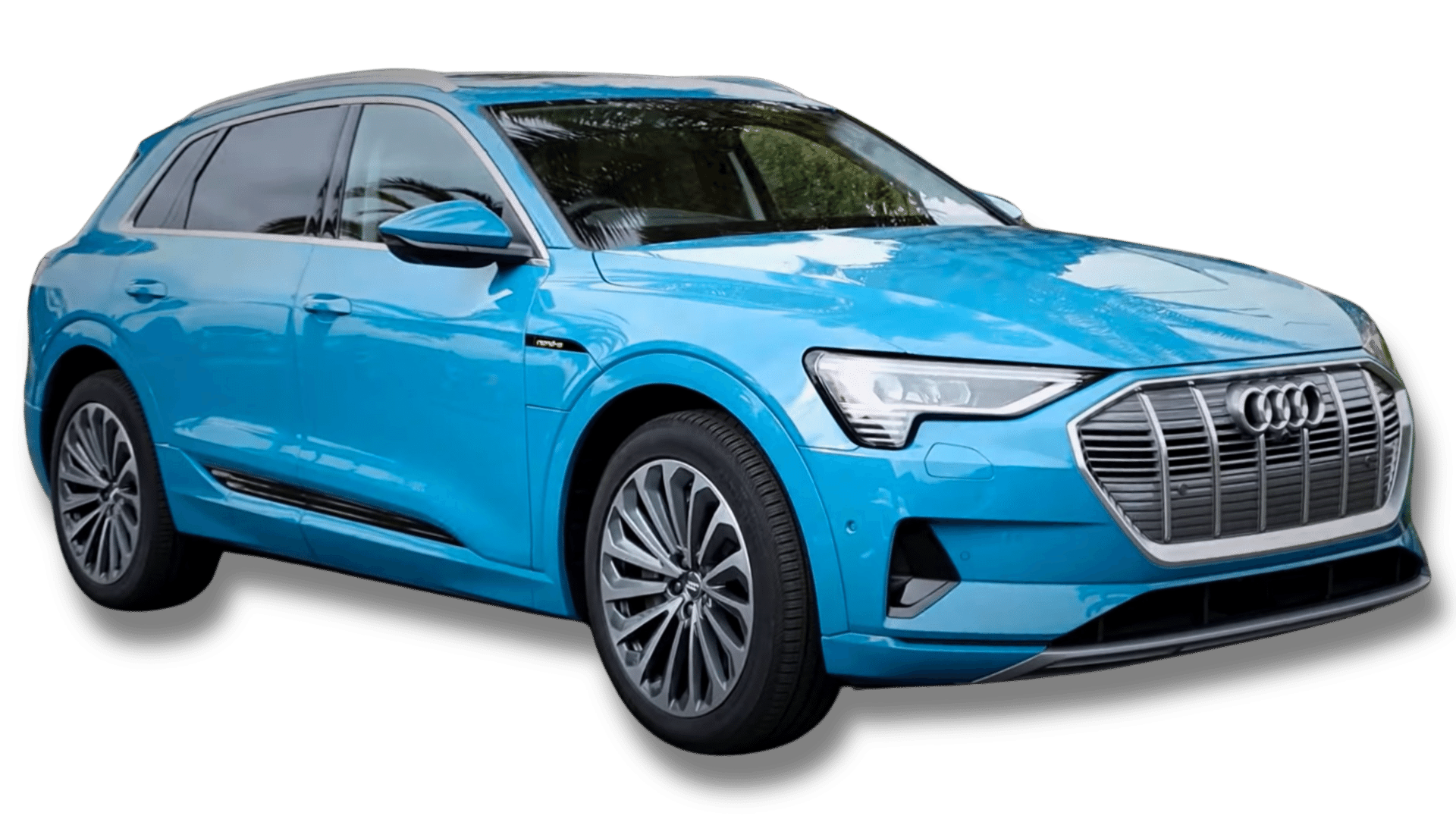
Reduced Dependence on Fossil Fuels
As we search for long-term solutions to the issues of air pollution and climate change, electric vehicles (EVs) provide a viable alternative. One of EVs’ main benefits is their lessened reliance on fossil fuels, the primary source of greenhouse gas emissions contributing to global warming.
The fuel for EVs, electricity, can be generated in several ways, including using renewable energy sources like solar and wind power. As a result, EVs have the potential to significantly lessen our dependence on fossil fuels, which are finite resources that are extracted from the earth and harm the environment throughout the drilling, mining, and refining operations.
Switching to electric vehicles can help us use fewer fossil fuels and emit fewer carbon emissions. According to the Union of Concerned Scientists, gasoline-powered cars release around half as many greenhouse gases as EVs. This decrease in emissions can help lessen the consequences of climate change by reducing the transportation sector’s overall carbon footprint.
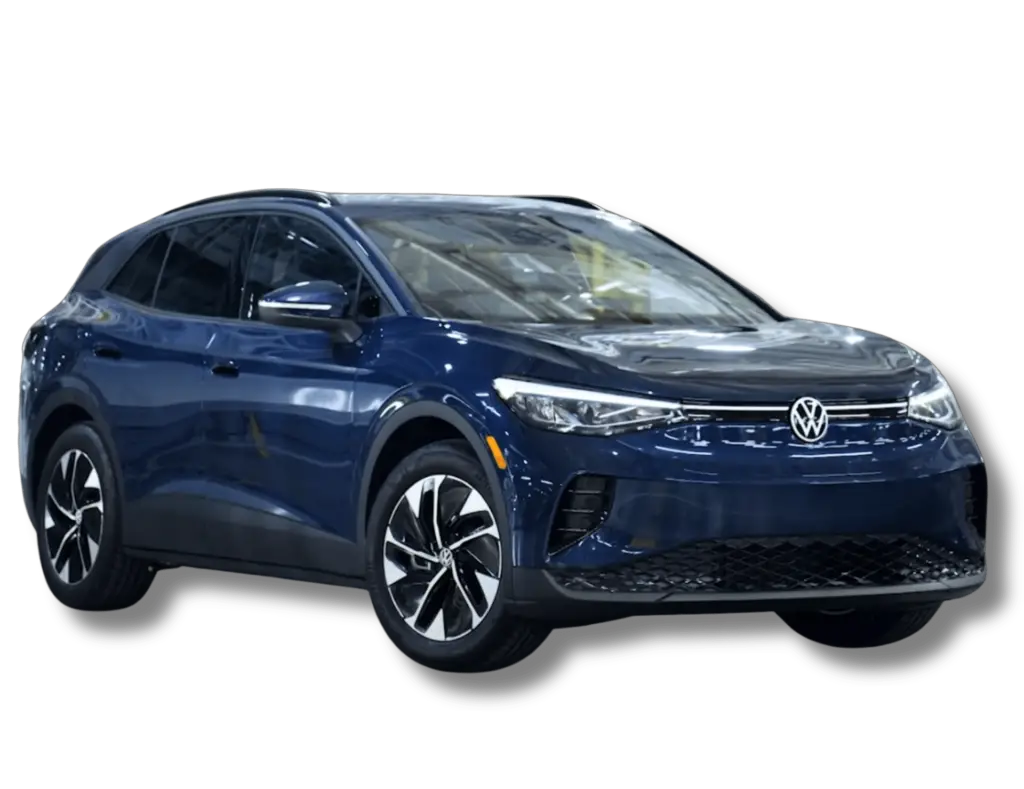
Moreover, reducing our reliance on fossil fuels by adopting EVs can have positive geopolitical implications. Many countries rely heavily on oil imports, creating geopolitical tensions and economic instability. Countries that switch to EVs can lessen their reliance on imported oil and improve their energy security by utilizing locally produced electricity from renewable sources.
Cost Savings
The potential for cost savings is among the most significant arguments favouring adopting electric vehicles (EVs). Unlike conventional gasoline-powered cars, EVs provide many benefits regarding overall ownership expenses.
Lower Fuel Costs
One of the biggest cost savings with EVs is reduced fuel costs. Electricity, normally more affordable than gasoline or diesel, is the fuel source for EVs. Depending on energy prices and the efficiency of the EV, the Department of Energy claims that the cost per mile to operate an EV can be as low as half that of a gasoline-powered vehicle. This suggests that EV users may experience a large reduction in fuel costs over time.
Reduced Maintenance Costs
Internal combustion engine (ICE) vehicles have more moving parts than electric vehicles (EVs). Hence EVs have fewer moving parts, which implies fewer parts that could break or need maintenance. EVs lack these components, unlike expensive-to-repair or replace complex systems like radiators, exhaust systems, or transmissions.
As a result, EV owners can save on maintenance costs, including oil changes, spark plug replacements, and other routine maintenance tasks necessary for ICE vehicles.
Government Incentives
Many governments worldwide offer incentives for purchasing and owning EVs, which can further contribute to cost savings. The upfront cost of EV purchasing can be significantly reduced thanks to these incentives, which may come in tax credits, rebates, or grants.
Governments occasionally provide reduced electricity rates, free or discounted charging stations, or both to EV owners, which results in significant savings.
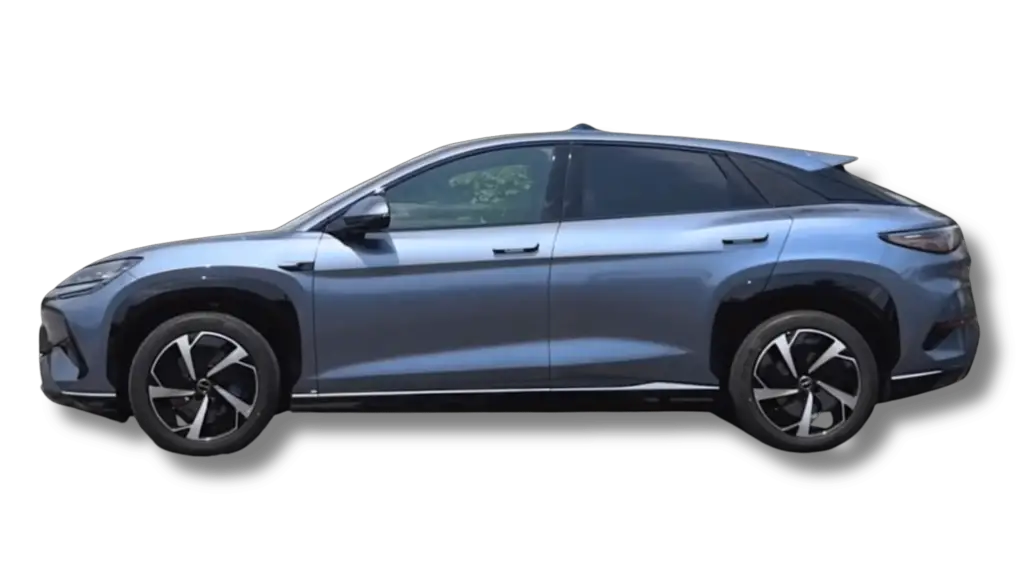
Conclusion
Electric vehicles are an excellent option for environmentally conscious consumers today. They have zero emissions, reduce dependence on fossil fuels, and offer lower operating costs, making them highly beneficial. Electric vehicles, which also lessen air pollution and our carbon footprint, enable a healthier and more sustainable future for our planet.
Now you may have an idea of why to use electric vehicles. Thanks to advancing technology and widespread charging infrastructure, electric vehicles are becoming more available and practical for daily usage. For the advantage of future generations, it is time to embrace the transition to electric vehicles and join the movement to build a cleaner, greener, and more sustainable transportation system. Make the switch to electricity right away to contribute to a better future.


